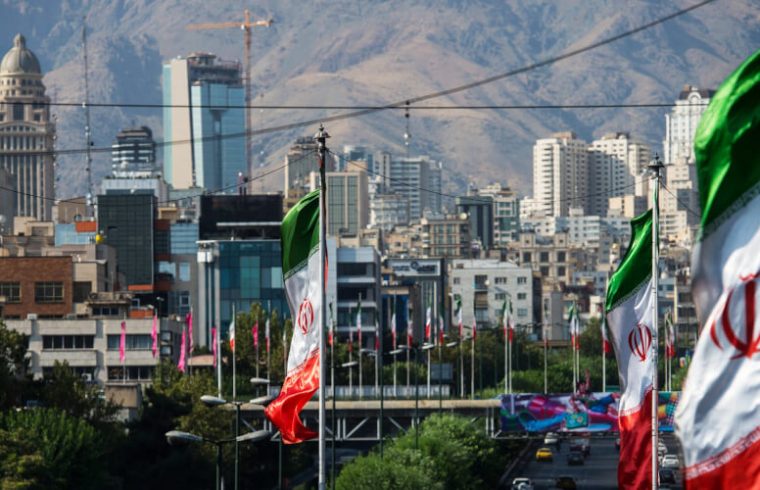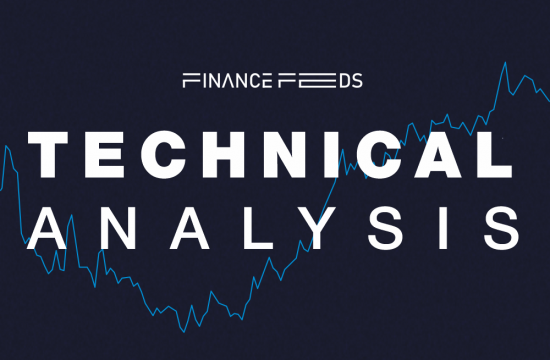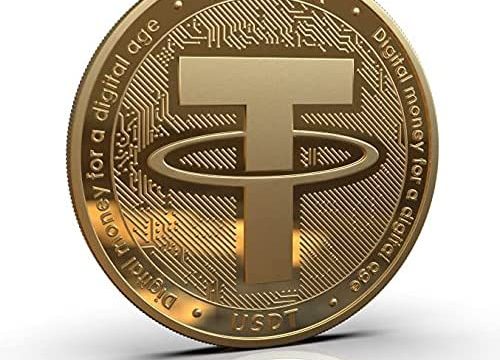A high-ranking member of the Russian parliament confirmed reports that his country was in talks with Iran to create a stablecoin for foreign trade settlements, to replace the dollar, ruble and Iranian rial.

Anatoly Aksakov, the chairman of the Financial Market Committee at the lower house of Russian parliament, told the Parlamentskaya Gazeta newspaper that the digital currency would be backed by gold. The stablecoin will operate in the special economic zone (SEZ) in Astrakhan, where Russia has begun to accept cargo from the Islamic Republic.
“We discussed the issuance of stablecoins, digital financial assets (DFAs) backed by certain valuables. For example, I spoke about gold, gold bars, refineries can provide them, or centers where gold is stored, and DFAs are issued against these reserves,” the lawmaker explained after a visit by a Russian delegation to Iran.
Aksakov also noted that the deal involves Iran’s repayment of debts for Russian products supplied earlier, which was discussed during the State Duma delegation’s visit.
Alexander Brazhnikov, executive director of RAKIB, the Russian cryptocurrency and blockchain association, said due to the economic consequences resulting from the sanctions, Russia has started to work on a new monetary and financial system for the country. Part of this is to develop a commodity-backed stablecoin that will be pegged to recognized assets like gold, so the value is clear and observable for all participants.
A gold-backed ruble stablecoin will allow Russia and Iran to peg the international gold rate instead of a fiat currency. The digital currency would also allow other countries to exchange this coin amongst themselves without external participation in transactions.
The Russian law “On Digital Financial Assets,” which entered into force in 2021, already allows three banks to tokenize various assets.
In late 2022, the EU tightened an already prohibition on providing digital-asset services to Russia. It has imposed a sweeping ban on providing crypto services to Russians, meaning they won’t be able to hold any assets in EU crypto wallets unless they live in the bloc.
Before the recent rules, European crypto providers were allowed to provide Russian residents and entities with limited crypto payments of up to 10,000 euros ($9,900).











